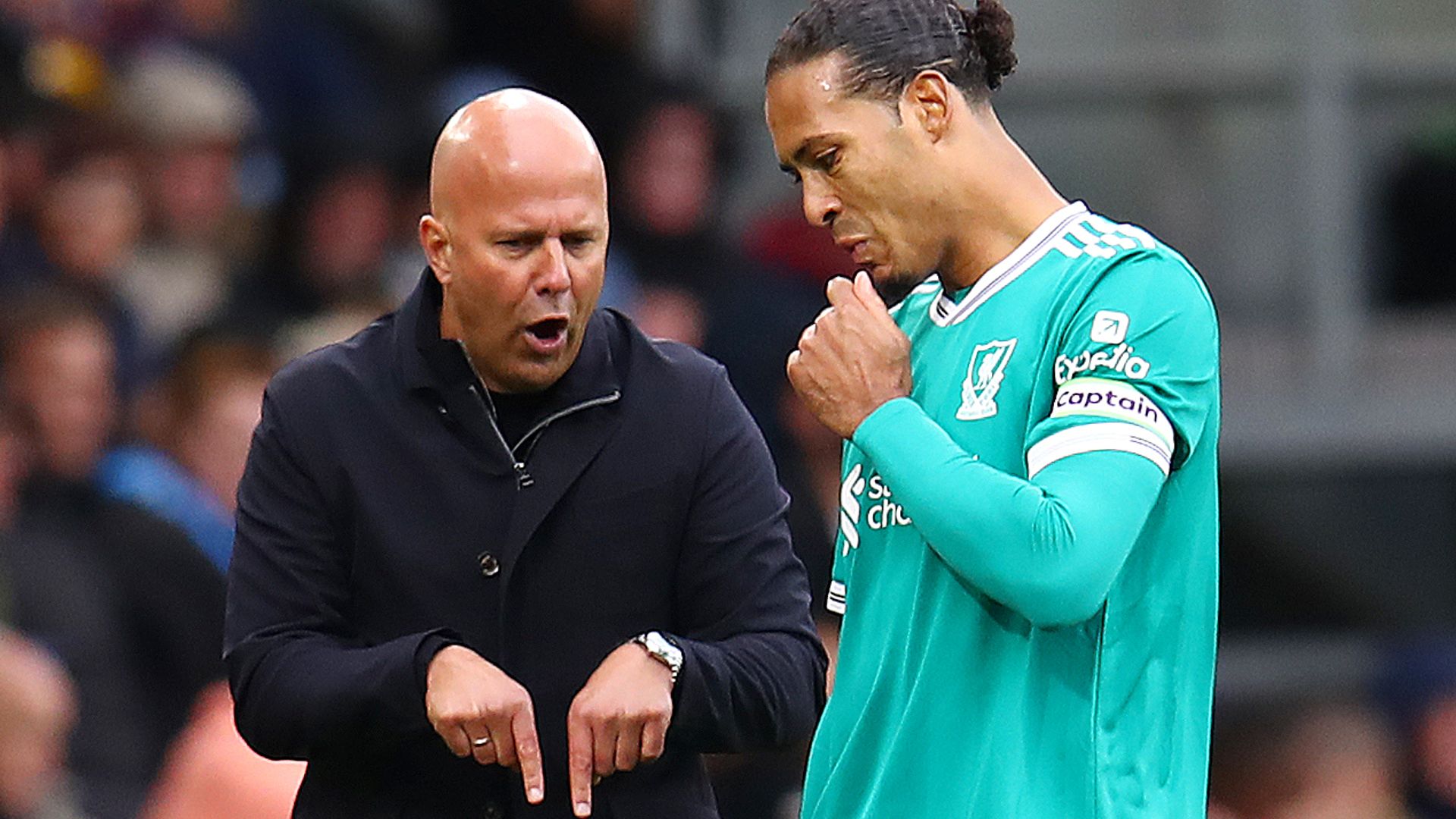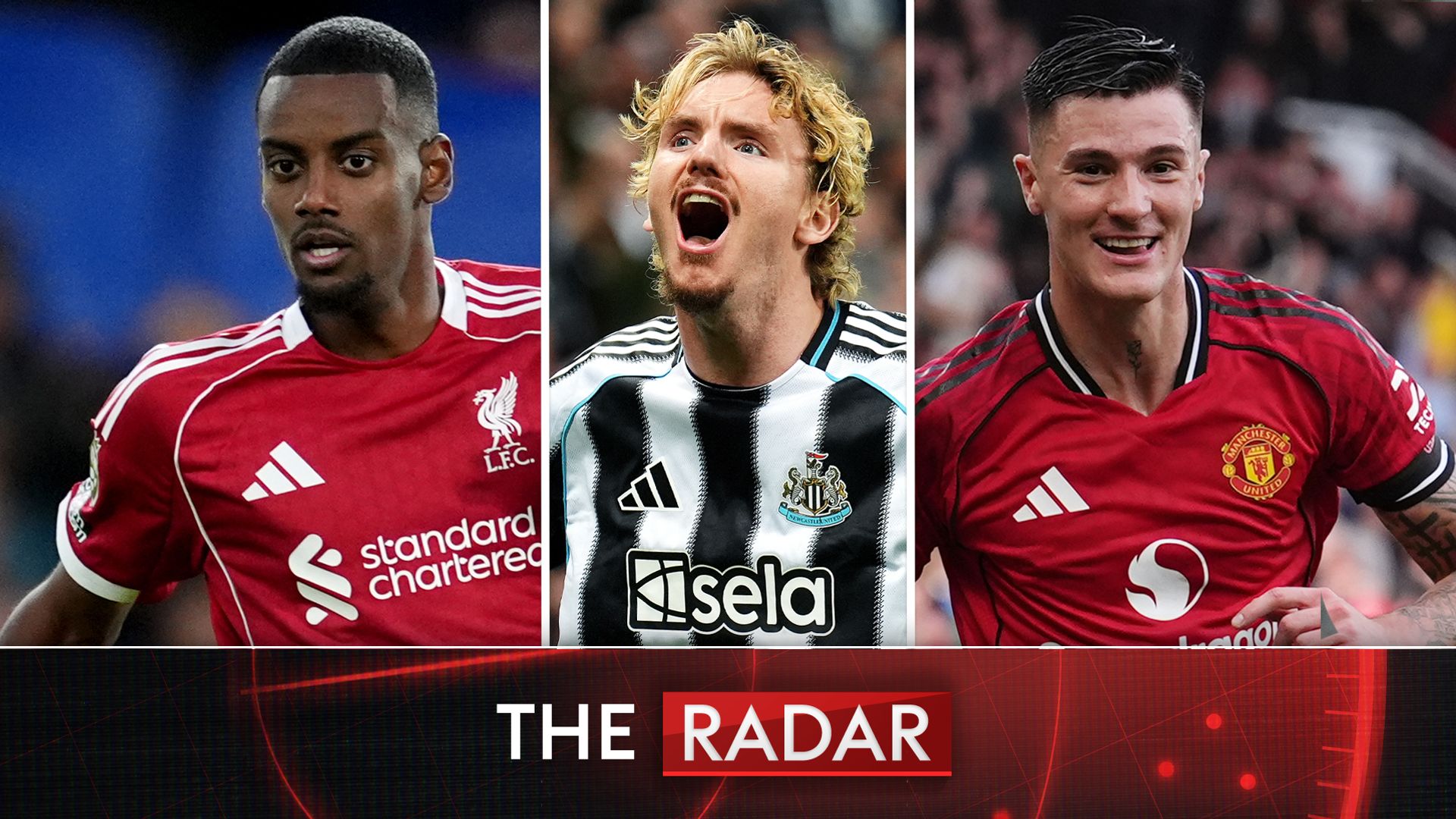Arne Slot’s Stubbornness Mirrors Political Dogma: Liverpool’s Struggles Reflect a Leader’s Refusal to Adapt in a Changing Game
Liverpool Football Club, once the pride of English football and a symbol of success in the Premier League, now finds itself in a precarious position under the leadership of head coach Arne Slot. His recent declaration of unwavering commitment to his squad selection and playing style, despite a disappointing run of form, has ignited a firestorm of debate among fans, pundits, and former players. This situation raises critical questions about leadership, adaptability, and the consequences of sticking rigidly to one’s principles in the face of adversity.
The history of Liverpool FC is steeped in triumph, with the club boasting a rich legacy that includes numerous league titles, FA Cups, and European triumphs. The club’s ethos has always been intertwined with a strong sense of identity and a commitment to attacking football, which has endeared them to fans across the globe. However, the modern game has evolved, and the expectations surrounding elite clubs have intensified. The financial stakes are higher than ever, with clubs investing heavily in talent and infrastructure to secure their place at the top.
Arne Slot, who took over the reins at Liverpool, was initially celebrated for his innovative approach and tactical acumen. His philosophy emphasized possession-based football, high pressing, and fluid attacking movements. These principles aligned well with the club’s traditional style, and for a time, they appeared to be yielding positive results. However, as the season progressed, the team’s performance began to falter, leading to a string of disappointing results that left fans questioning the viability of Slot’s methods.
In a climate where adaptability is crucial, Slot’s refusal to change his tactics or reconsider his squad selection has drawn parallels to political leaders who cling to outdated ideologies despite clear evidence of their ineffectiveness. Just as political figures can become entrenched in their beliefs, often to the detriment of their constituents, Slot’s steadfastness raises concerns about his ability to lead Liverpool through challenging times. The club’s supporters are left to wonder whether loyalty to a specific philosophy is worth the risk of losing sight of tangible success.
The current Premier League landscape is unforgiving. Clubs like Manchester City and Chelsea have set a high bar with their financial clout and strategic investments. The competition is fierce, and teams must be willing to adapt to the ever-changing dynamics of the league. Slot’s insistence on maintaining his approach, even when results suggest a need for change, has led to mounting frustration among fans who expect their team to compete at the highest level.
Moreover, the psychological aspect of football cannot be overlooked. A manager’s confidence—or lack thereof—can significantly impact player morale. If the squad perceives that their coach is unwilling to adapt, it can lead to a disconnect between the players and the management. This disconnect can manifest in poor performances on the pitch, as players may feel unsupported or uncertain about their roles within the system. The ripple effect of Slot’s decisions could ultimately jeopardize not just the current season but also the long-term trajectory of the club.
The financial implications of a poor season are significant for a club of Liverpool’s stature. A failure to secure a top-four finish could result in lost revenue from Champions League participation, which is vital for maintaining the club’s competitive edge. The ripple effects of financial instability can lead to difficult decisions regarding player contracts, transfers, and overall squad depth. The stakes are high, and the pressure on Slot to deliver results is mounting.
In the world of football, the narrative of the underdog often captures the imagination. However, Liverpool is not in a position to embrace that role; they are expected to be contenders. The club’s rich history and passionate fanbase demand excellence, and anything less is met with scrutiny. As Slot continues to double down on his approach, the question remains: can he navigate this turbulent period without compromising the club’s identity, or will his stubbornness lead to a deeper crisis?
The media landscape surrounding football is also a significant factor in this discourse. Pundits and analysts are quick to dissect managerial decisions, often amplifying the pressure on coaches to conform to the expectations of fans and the media alike. Slot’s situation has become a focal point for discussion, with former players and analysts weighing in on the implications of his choices. This scrutiny can create a toxic environment, where every decision is analyzed and criticized, further complicating the manager’s ability to lead effectively.
As Liverpool navigates this challenging period, the broader implications of Slot’s leadership style extend beyond the pitch. The club’s management must consider the long-term vision for the team, balancing the immediate need for results with the overarching philosophy that defines Liverpool FC. The challenge lies in finding a way to evolve without losing the essence of what makes the club unique.
The future of Liverpool under Arne Slot’s leadership remains uncertain. The club stands at a crossroads, with the potential for either redemption or further decline. As Slot continues to assert his commitment to his methods, the question of whether this approach will bear fruit looms large. The footballing world watches closely, as the outcome of this season could redefine not only Slot’s career but also the trajectory of one of football’s most storied clubs.




